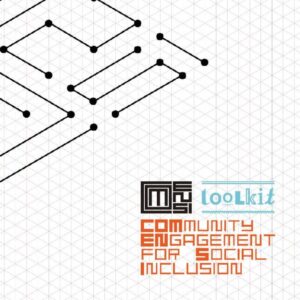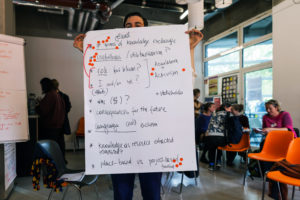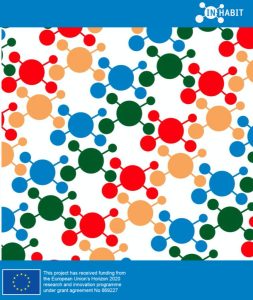In the network society, concepts such as neighbourhood, territory and community are in fact deeply challenged by the fast transformation induced by information communication technologies and globalization dynamics. Spatial contiguity, traditional citizenship and political representation are not sufficient to understand the complexity of factors that shape local identities and affect policy, governance and development at neighbourhood scale. In current urban practice and policy, the neighbourhood and local dimension are invoked as the ground where innovation can and must happen, where democracy can be reformed and social justice reclaimed. At the same time, local approaches are limited and sometimes misleading with regards to the over-arching global factors affecting any discrete socio-spatial context and inducing social injustice and dispossession. For this reason, we argue that new practices and formats of representation are necessary to reveal such complexity and to empower local society in reclaiming spatial rights. In this article we propose the implementation of collaborative online neighbourhood atlases as an effective format able to mobilize knowledge and resources at local level while revealing trans-scalar relations and dependencies at larger scale.
Authors
Lorenzo Tripodi
Link & Download
Access the full derive-Article-CoMMA


